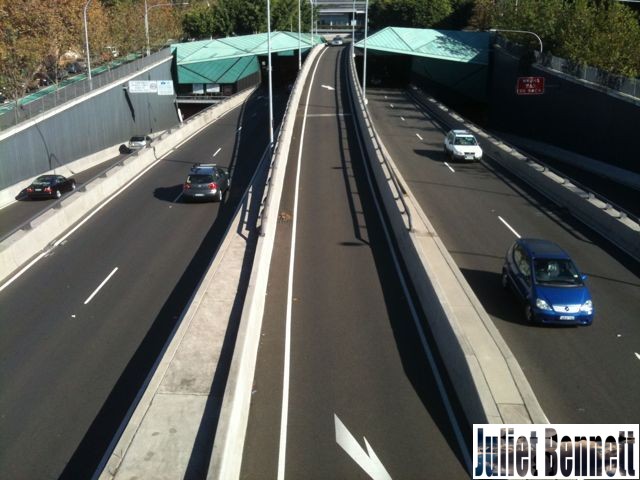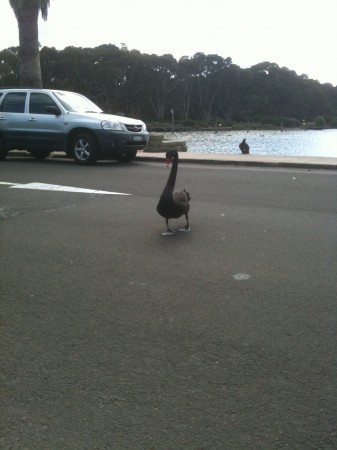I say another little prayer from my prime position laying down in the back seat with my eyes closed. It is raining and the same crazy driver who overtook on blind corners on the cliff side on the way up was to drive me back down. The special requests for a safe rather than speedy journey were finally listened to and the driver was easy on me.
At the airport my reward: coookiiiiies!!! Australian cookies!
Two cookies and a small cup of chai tea – 25 rupees (about 50 cents). Yes please! An hour later I am on the plane. Out the window I looked down at earth’s surface. Coimbatore is a small city by Indian standards yet the buildings, cars and smog cover every inch of its surface for as far as my eyes can see. It is ugly.
Humanity has hit puberty and is causing a horrible case of acne to break out on our poor earth’s skin. Our sun may be half way through its life but the lifespan of our earth has only just begun. From an innocent childhood where lifeforms lived at one with it, humanity has (particularly in the last 200-years) propelled it into adolescence. Our hormones are going wild, we are rejecting our parent’s wisdom, and using and abusing all we have been provided. From our egocentric position we put ourselves on a pedestal, expecting our universe to revolve around the big important “I”. Our egos are out of control.
Adolescence doesn’t last forever, but the consequences of these abusive years can have long-lasting effects on our minds and bodies. What does the future hold for humanity? Will we grow out of it and make it to earth in it’s twenties? I look out the window again as we land in yet another over-populated Indian city, and I wonder if we do make it through adolescence, will our acne clear up? What will earth’s new skin look like? I doubt it will return to the smooth baby skin of green forests but if we stop abusing our body, if we find ways to live without polluting it, might we use our collective conscious to revitalize our ecosystem like the Ayurveda retreat revitalized me? Can earth and humanity live in a state of connected mind, body and soul? How might humanity, as we move into adulthood, minimize the harm these days of innocent arrogance might cause?
With my mind in la-la philosophy land I step out onto the streets of Delhi. I have organised a friend’s driver-friend’s friend to pick me up, show me Delhi and drive me to Agra to see the Taj Mahal for 4000Rs (around $80). When a large older man in a blue uniform picks me up I think there’s been a mistake. He takes my bags. I farewell a new British friend from the plane, wish him luck figuring out where he’s going (he’s lost his phone) and get in the tiny dirty-white car.
“Can we go to the international airport please? I want to leave my bags there,” I request. Somehow I get talked into leaving them in this car so we can first do some siteseeing and that Mohan, my friend’s actual driver-friend, can take me from Agra to Jaipur and back to Delhi so to save me taking trains.
“You can see many things on the way – monkey temple and…” This option had it’s appeal of comfort and lack of hassle but I wasn’t sure. Travelling by train is the India thing…
“The only thing I really want to do in Delhi is see the museum at the place where Gandhi was shot,” I request.
“Ok, but first this monument and that monument and…” said the driver, rattling off a list of places he would take me to.
I reluctantly agree and pray he will still be in the car park with my bags when I return.
At the first random monument I find myself attacked by papparazi and fans – people wanting photos of and with the blonde white girl. I have more photos taken with children, adults and couples in this place than I did in two-years in japan. And that’s saying a lot.
I escape as fast as I can. Lucky my driver and bags are still there.
“Straight to the Gandhi museum please.” I order. Time is getting on and it is hot. Buildings are ok and the papparazzi thing kinda funny, but my friends told me they spent hours in the Gandhi museum: cheap books, inspiring pictures and ideas.
“Ok, but first I want to take you to…”
“No!” I exclaim. “Gandhi closes at 6.”
Eventually he agrees. Unfortunately his car isn’t happy with this plan. Ten minutes later smoke is coming from the bonnet. Air conditioning is turned off. Windows open.
“Oh no, oh no!” he says. Oh yes. I imagine the car blowing up, with me inside. The traffic stops. Ignition off.
As the traffic starts moving he runs beside the car. I offer to help but when my offer is declined I snap photos and laugh to myself. I clap when we start. He gets in. A hundred meters on we conk out again. Horns go crazy from the surrounding cars. Emergency lights on. Now I imagine being attacked by angry drivers, like in Shantaram. Thank God this isn’t Bombay.
The driver manages to get the smoking shitbox to the side of the road. A very cute (and very cocky) cop wanders over to save the damsel in distress. He introduces me to his crew and brings me a large cold bottle of water.
Time ticks on and eventually he excuses himself to get “back to his duties” and I lay down across the backseat of the car.
My mind is racing: this is not good. Not good at all. This car is supposed to drive me four hours to Agra, at 230am… And to make things worse I have zero cash because my bank card has been declared stolen (not by me) and is not working even though I told the bank I’m in India, and called them to assure them these withdrawals were mine. AND I still have all my bags in this car – more than half which are pre-prepared to be left at the airport allowing me freedom to jump on buses and trains and see sites as I please. Now I am trapped. Hostage.
I take out my envelope of contacts. A travel agency another friend recommended. Another friend’s friends who was an events organiser for an internation conference. Surely these contacts would be less dodgy than this dude with a stuffed up car. But I don’t have a phone. I consider asking the cop for his but before I do the driver is back and I’m loaded into his friend’s identical-looking car and told they will take me to a hotel in Delhi.
“I will bring a different car tomorrow,” he assures me.
“Can we first go to a bank and get rid of these bags?” I ask. Desperately wishing I hadn’t got myself into this mess I decide to go with it but only until I get to Agra. Then I’ll split – I’ll just suck it up and carry my bags.If I abandon this plan now there’s no way I can see all I want to see and be back for my flight in two days time.
Now I get told there is no left luggage facilities at the international airport because they are building a new airport, or something like that. I try various numbers in my guidebook to confirm this notion, but alas none of the numbers seem to work. Damn it!
I do get to a bank but my card still doesn’t work. I withdraw on credit card and hope the interest charges this will cause aren’t too huge. At least I have cash.
When I make it to the hotel my plans for dinner and internet fly out the window. I’m exhausted.
After a cold shower (not by choice) I take solace in the “Australian Network” with an ABC program on the muslim berka conflicts followed by an episode of my mum’s favourite tv show: Packed to the Rafters. The Australian accent sounded like music to my ears.

 Today I took Bella to Centennial Park. As we approached a large flock of swans and geese Bella instinctively led me away from the big mean-looking birds. What I found interesting was that not once did she look their way. Later we walked near two smaller birds and Bella ran toward them, joyously spurring them to fly away. Then again, some geese in the distance… before we were even close she was leading me in the opposite direction. Is it a territorial thing, or could she sense danger? They are big birds and she is a relatively small dog…
Today I took Bella to Centennial Park. As we approached a large flock of swans and geese Bella instinctively led me away from the big mean-looking birds. What I found interesting was that not once did she look their way. Later we walked near two smaller birds and Bella ran toward them, joyously spurring them to fly away. Then again, some geese in the distance… before we were even close she was leading me in the opposite direction. Is it a territorial thing, or could she sense danger? They are big birds and she is a relatively small dog… 
